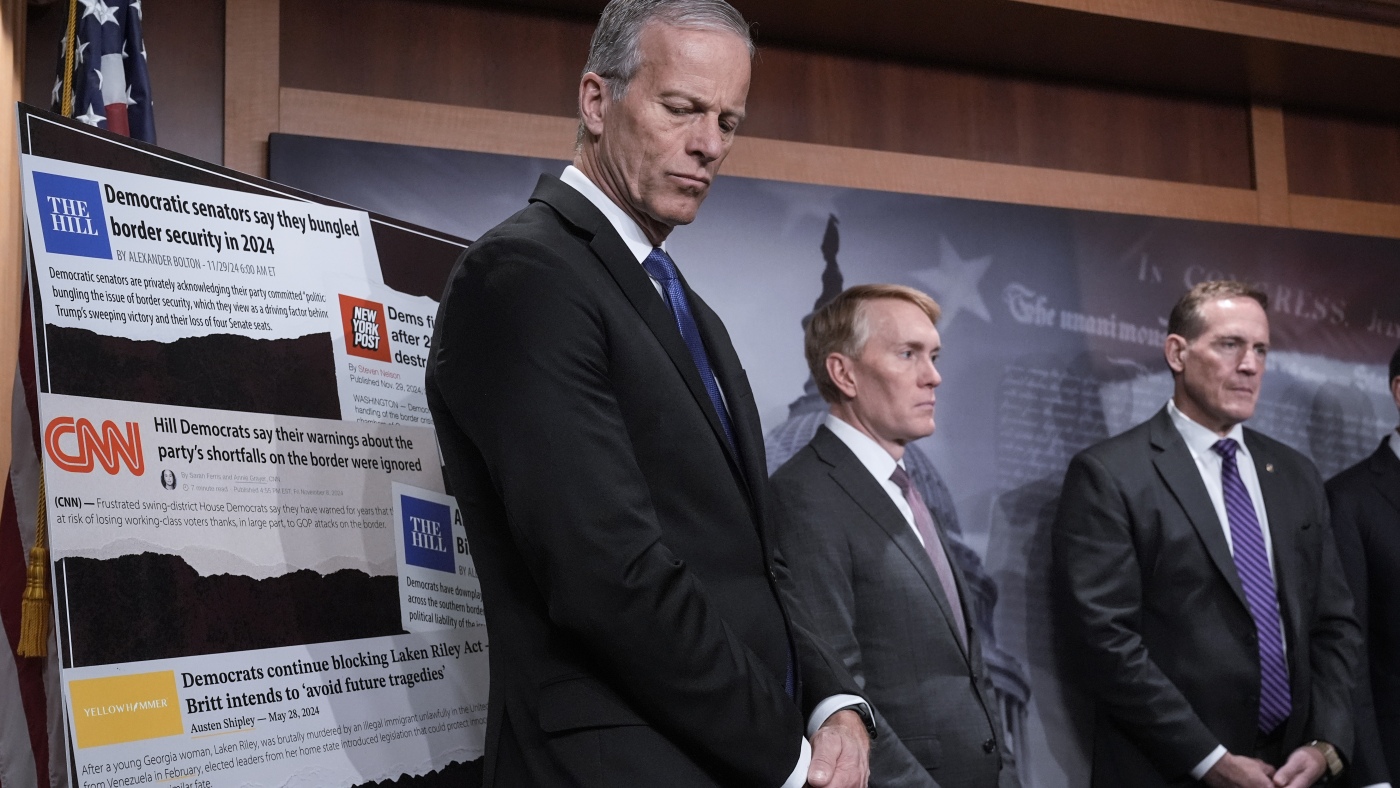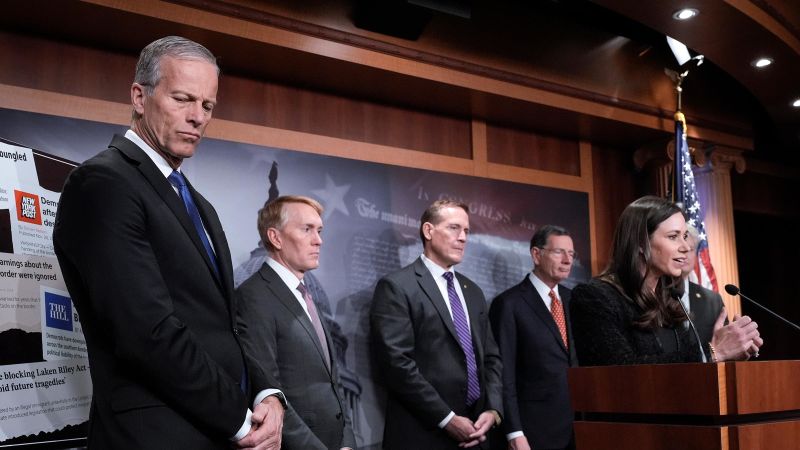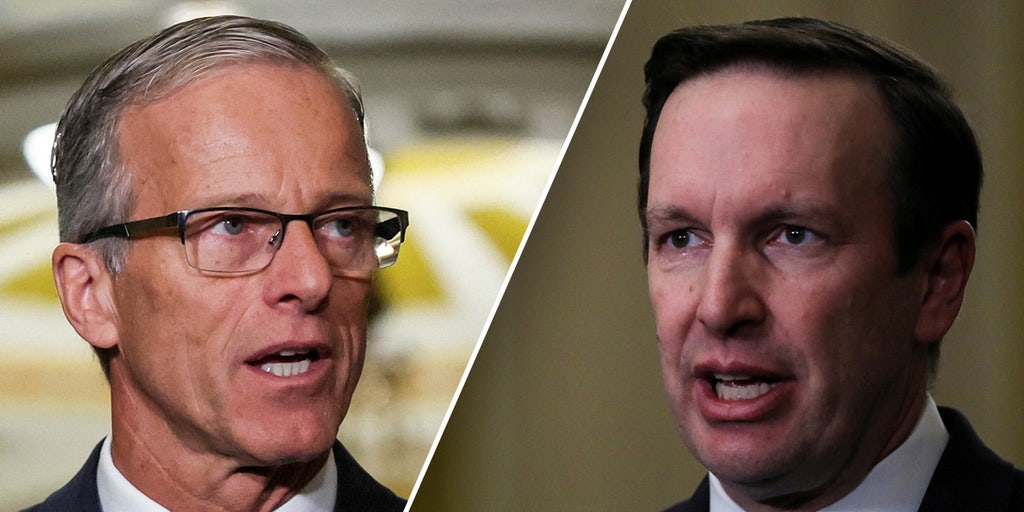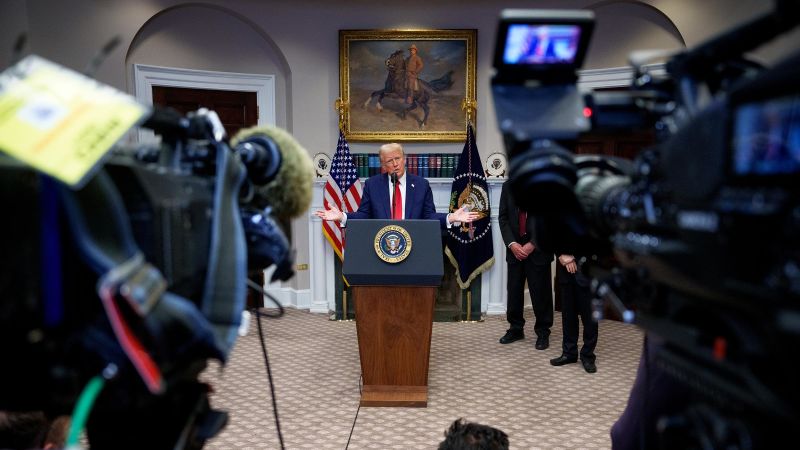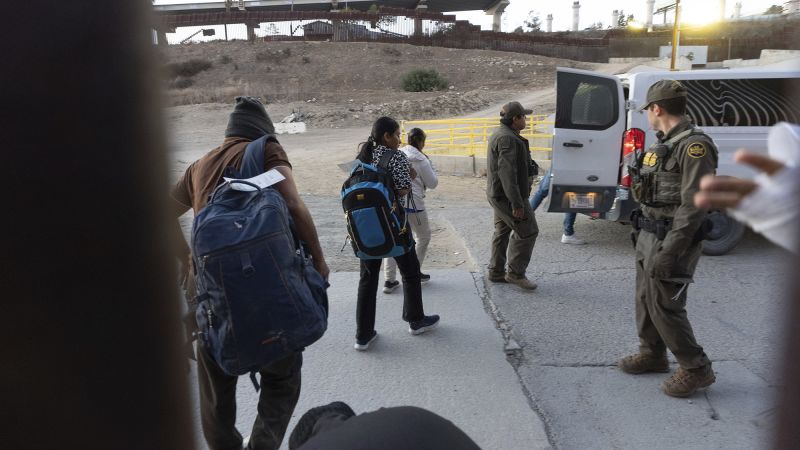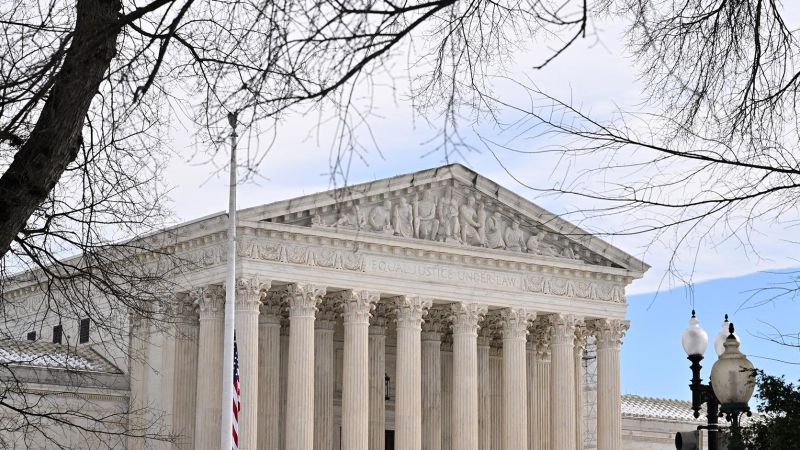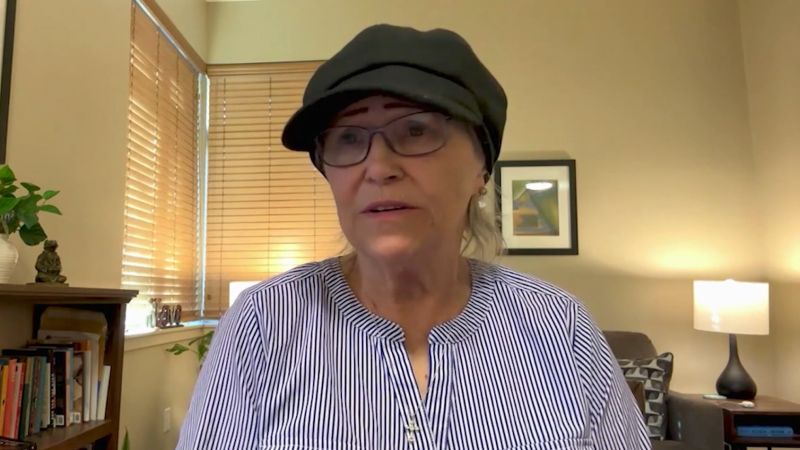
Congress Clears Path for Trump's Crackdown: Immigrant Detention Bill Advances
In a decisive move that aligns with President Donald Trump's immigration enforcement agenda, the House of Representatives passed landmark legislation targeting unauthorized migrants involved in criminal activities. The bill, which received bipartisan support, mandates the detention of undocumented immigrants accused of theft and violent offenses. This groundbreaking legislation represents a significant step forward in the administration's efforts to strengthen border security and immigration enforcement. By requiring mandatory detention for migrants implicated in serious criminal acts, the bill aims to address growing concerns about public safety and illegal immigration. The swift passage of the bill through Congress signals a united approach to addressing complex immigration challenges, providing the President with a key legislative victory that directly reflects his campaign promises of tougher immigration policies. As the bill now awaits the President's signature, it stands as a testament to the ongoing national dialogue about immigration, security, and the delicate balance between compassion and law enforcement.


